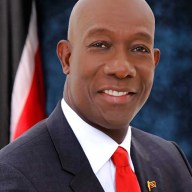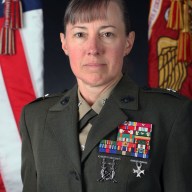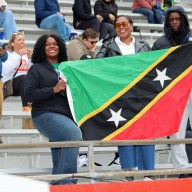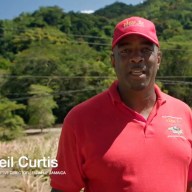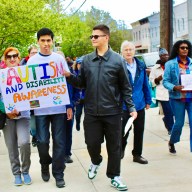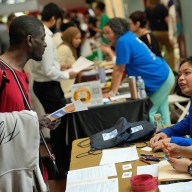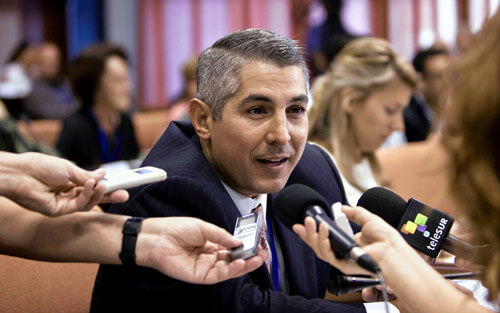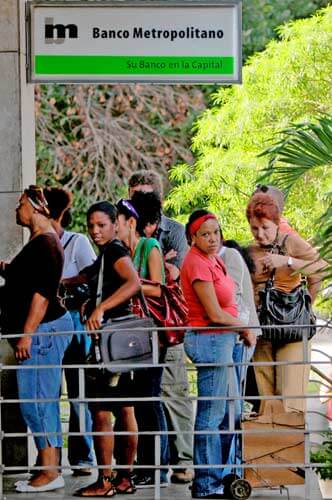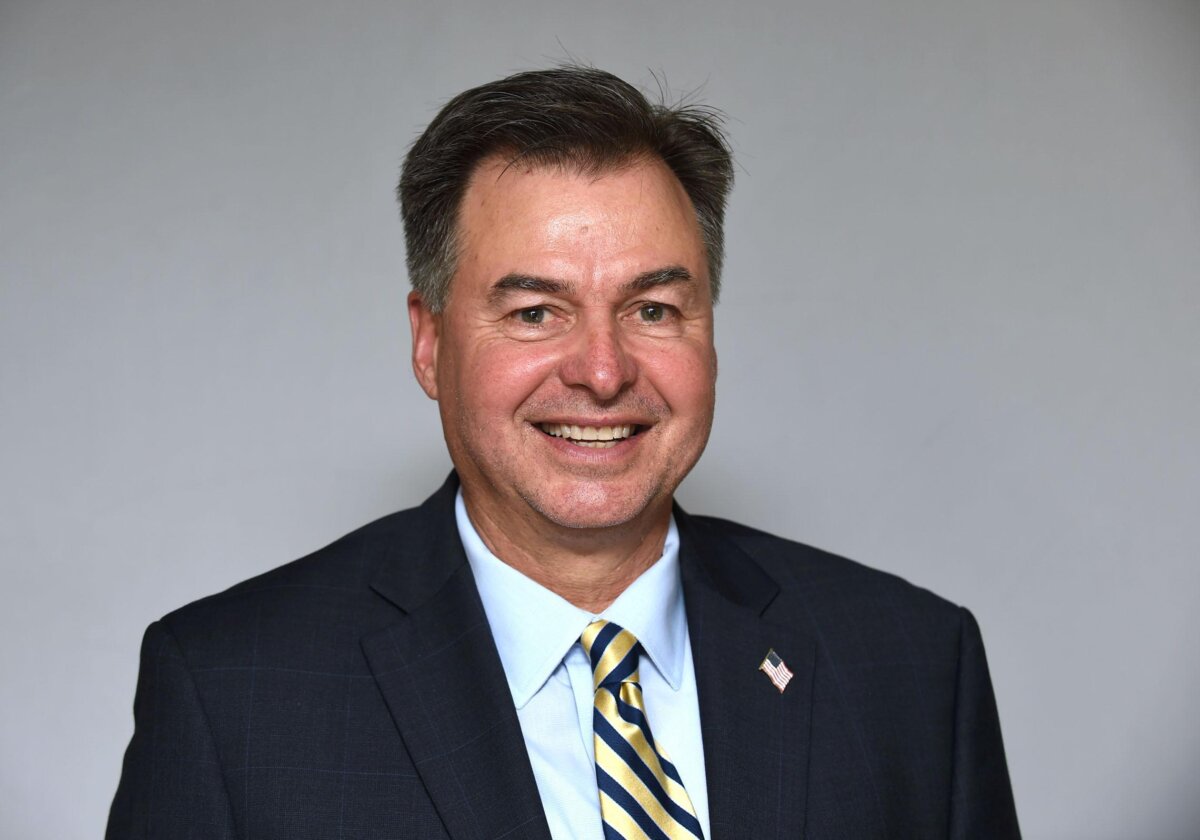Cuban authorities, badly shaken by last Friday’s Boeing 737-200 crash outside Havana, have asked Guyanese aviation officials for help in tracing the operational history of the aircraft because it had previously operated between Cuba and Guyana in the very recent past.
Worried about lax safety practices, the Guyana Civil Aviation Authority (GCAA) last year banned Honduras-based operator Easy Sky from flying the plane to the Caribbean Community nation after members of the public and aviation officials had complained about unusual activity involving airline officials and crews.
The company had operated for about a year in Guyana, bringing thousands of higglers — or suitcase Cuban traders — to Guyana, gobbling up relatively cheap electronics, clothing, plastics and other items for resale in Cuban provinces.
Cubans do not require visas to come to Guyana, a legacy of close diplomatic and other ties dating back to Guyana being the first member of the regional bloc to recognize Cuba diplomatically back in 1972. Trinidad, Barbados and Jamaica also did likewise. From next month, Cubans waiting for immigrant and other visas will have to fly to Guyana to be processed by the American embassy here, allowing for even more traffic on the route.
At least three airlines — Caribbean, COPA and Air Aruba — still bring thousands of such Cubans to trade each week. Guyanese-owned Fly Jamaica has also signaled plans to enter the market, an indication of the traffic between the two countries.
Guyanese aviation boss Captain Egbert Field told this publication that Cuban officials have requested “through diplomatic channels” key information from Guyana as they investigate the crash, which has so far killed 111 people. Two survivors who were pulled from the burning wreckage are clinging to life in the hospital. “We are putting together the information for them and will soon send it through the channel to them.”
Field said that the U.S. National Transportation Safety Board (NTSB) has not asked for any information from Guyana as yet but the U.S. Federal Aviation Administration has done so alongside the Cubans.
In the wake of the crash, Guyanese authorities are convinced that they had taken the correct decision in banning Easy Sky, the then-operator of the crashed aircraft — tail numbered XA-UHZ — from flying to Guyana after officials had discovered a slew of operating deficiencies.
These include rank overloading of the aircraft, baggage being stored under the feet of passengers, between seats, in the lavatory and in other unusual and illegal places.
“In one instance last year, one of my inspectors had ordered the ground handlers to take off a full cartload of cargo from one flights because it was clearly overloaded. In another, we looked at the CCTV cameras from the tower building and saw that the planes had used up all the runaway and barely made it, barely took off. I decided this was a very unsafe operation and pulled the plug. We made the right decision in the interest of safety. Safety waits on no one,” Field said.
In another instance, the agency demanded and got the flight data recorder from one of its planes and sent an inspector to Miami, Florida where FAA experts analyzed the data, produced a spreadsheet with the information and sent it back to Guyana.
“Once we looked at the data on the spreadsheet, it was clear that the engines were underperforming and that there were issues of overloading of planes. They did not keep proper log sheets and technical records and we had complained to the company, which had oversight in Honduras but we decided to act before they had even got back to us properly. The operation was unsafe and I acted in the interest of safety.”
He said one flight which was struggling to take off kicked up a fair amount of sand at the very end of the runway, resulting in members of the public and people looking on generally reporting what they had seen to his agency, fearing that the plane would not have made it “because of excess cargo.”
“This is the first time that we had had to demand the data recorder from any operator flying into Guyana. It was that bad. I compliment my inspectors for the job they had done monitoring that service,” he said.
Some of the carriers flying to Cuba allow traders to carry up to four bags each, allowing them to pay for the extra luggage, a practice officials say could encourage overloading in the name of earnings.








